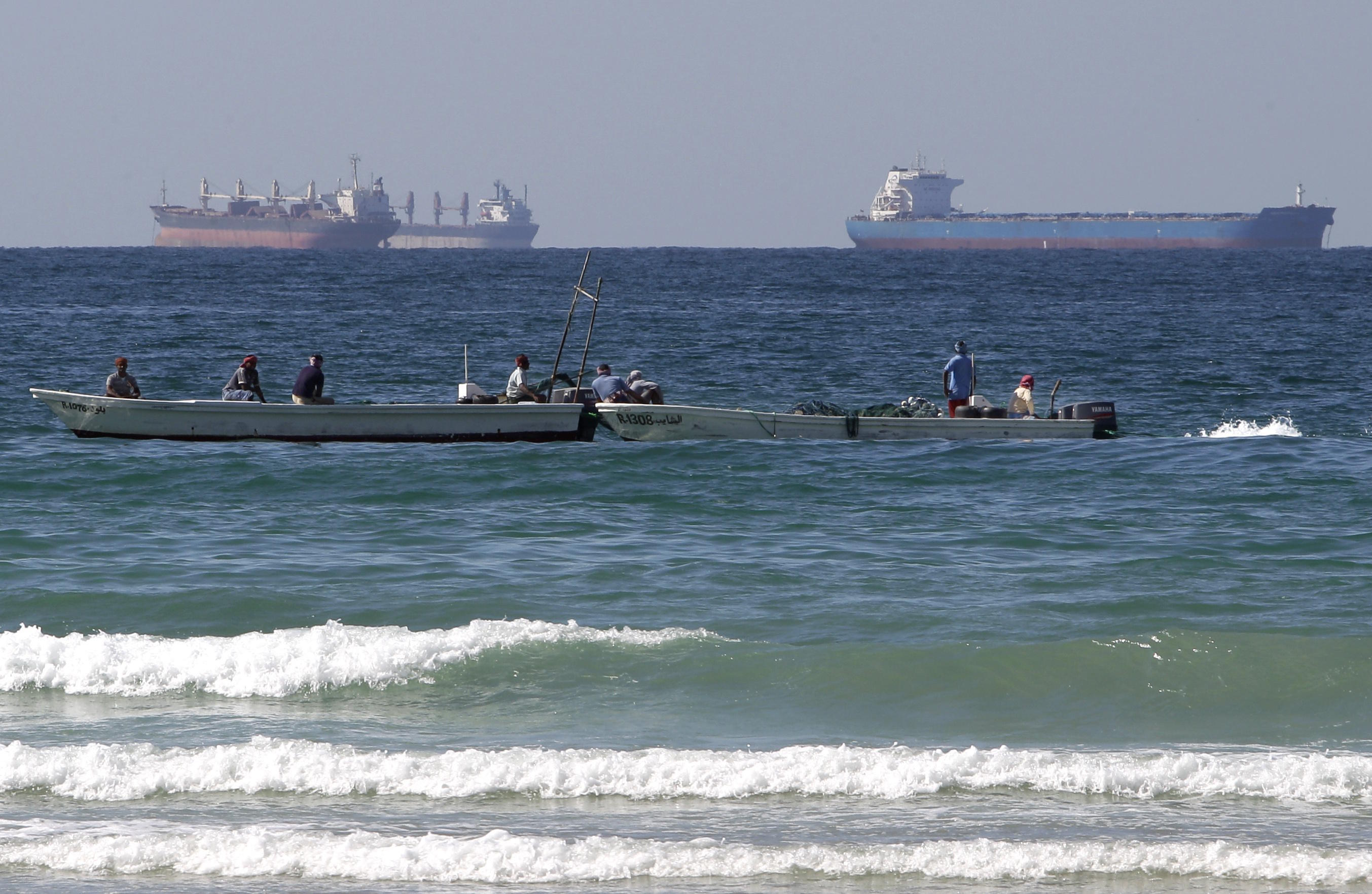Nervousness has gripped the heavyweights moving the oil price. In the early hours of Monday, following the US conflict with Iran, black gold surged nearly 6% to surpass $80 per barrel. Less than 24 hours later, after the Iranian attack on US bases in Qatar and Iraq, the price of Brent crude, the European benchmark, plummeted another 11%. Despite earlier accusations of the market not reacting to the escalating conflict in the Middle East, the reality now is that oil prices continue to dismiss outright the possibility of a total war in the region between the Arab world and Israel, backed by Washington. If that were the case, oil prices would have skyrocketed to record levels. For now, analysts believe yesterday's drop is justified because Iran opted for attacks - intercepted in time - rather than closing the Strait of Hormuz, which would be devastating for global trade.
It's unlikely for prices to escalate significantly because the world has "enough oil," says JP Morgan, given the rise in crude inventories by 240 million barrels since February, with 50 from OECD countries, another 75 from China, and the rest from other oil-producing countries worldwide. Goldman Sachs considers two possible scenarios: one that could drive oil to $90 per barrel if Iranian production drops by 1.75 million barrels per day, and a more inflationary second scenario that could push crude prices to $110 if exports passing through the Strait of Hormuz plummet by 50% for a month and remain 10% below current levels for another 11 months.
The last time Brent surpassed $100 was in July 2022 when the world still feared a new Covid strain from China and talked about a global slowdown. Another consequence Goldman Sachs contemplates is that this crisis could also impact natural gas prices. Currently, August contracts for TTF, the European gas benchmark, are trading around $42/MWh but could rise to $100, according to analysts. However, this is not their base scenario. "The economic incentives, including for the US and China, to avoid a severe and prolonged crisis in the Strait of Hormuz will be very strong," the report states, despite statistics increasingly going against it.
China is the main destination for tankers passing through the strait, accounting for 23% of the total; followed by South Korea (12%), India (11%), and Japan, with another 10%. Only 2% goes to the US. Market estimates have surged in favor of those believing the strait will close. If on Friday 32% of the market thought so, today it's more than half. 34% see it as a possibility this week. US bank experts believe that part of the tension is already factored into oil prices, but give a 20% probability of the worst-case scenario occurring, involving a closure of the Strait of Hormuz and increased involvement of Middle Eastern countries in the conflict, which would drive Brent to prices between $120 and $130 per barrel.
"Iran's response must be carefully calibrated to avoid crossing any lines that would trigger a direct US response against Iran," as the country has "many assets at risk, including Jark Island in the Persian Gulf, a petroleum enclave of just over 25 square kilometers through which 80% of Iranian oil exports pass.
While major stock exchanges in Asia, Europe, and the US are currently ignoring the events in the Middle East, some markets, against all odds, are hitting historic highs. This is the case of the Israeli stock exchange, where its main index, the TA-125, is trading at record levels. Among its major companies are banks, with gains of up to 10% in the last five days, such as Mizrahi Tefahot Bank, the country's third-largest bank with a market cap close to 15 billion euros; followed by Israel Discount Bank and Bank Hapoalim, the leading financial player in the market. However, the Israeli market also includes US companies like the pharmaceutical company Teva, which saw a 3.4% drop last week and a 25% drop this year due to the Trump Administration's tariff announcements impacting the sector and potentially leading to massive layoffs, as warned by Irish Finance Minister Paschal Donohoe on Monday.
The lack of reaction from stock markets suggests that investors have learned to navigate the market after so many conflicts, and unless the consequences are significant in the long term, markets no longer overreact. "These types of events often present medium-term investment opportunities. Looking at the 17 military conflicts in the last 70 years, the S&P 500 has averaged a 9% gain in the following 12 months," says Banca March.
A marked date on the investor calendar is July 9, although the US press does not rule out President Trump wanting to use July 4, when the US celebrates Independence Day, to announce the outcome of the tariff pause. The uncertainty introduced since the beginning of 2025 by the new White House occupant has led the US market to trade in losses for much of the year, notably behind Europe, where stock exchanges are posting double-digit gains, close to 20%, as in the case of the Spanish market.
Seeking refuge, money has once again flowed into gold, which is trying to consolidate at $3,400 per ounce. In a particularly bullish year, the precious metal has surged over 27% this year.
